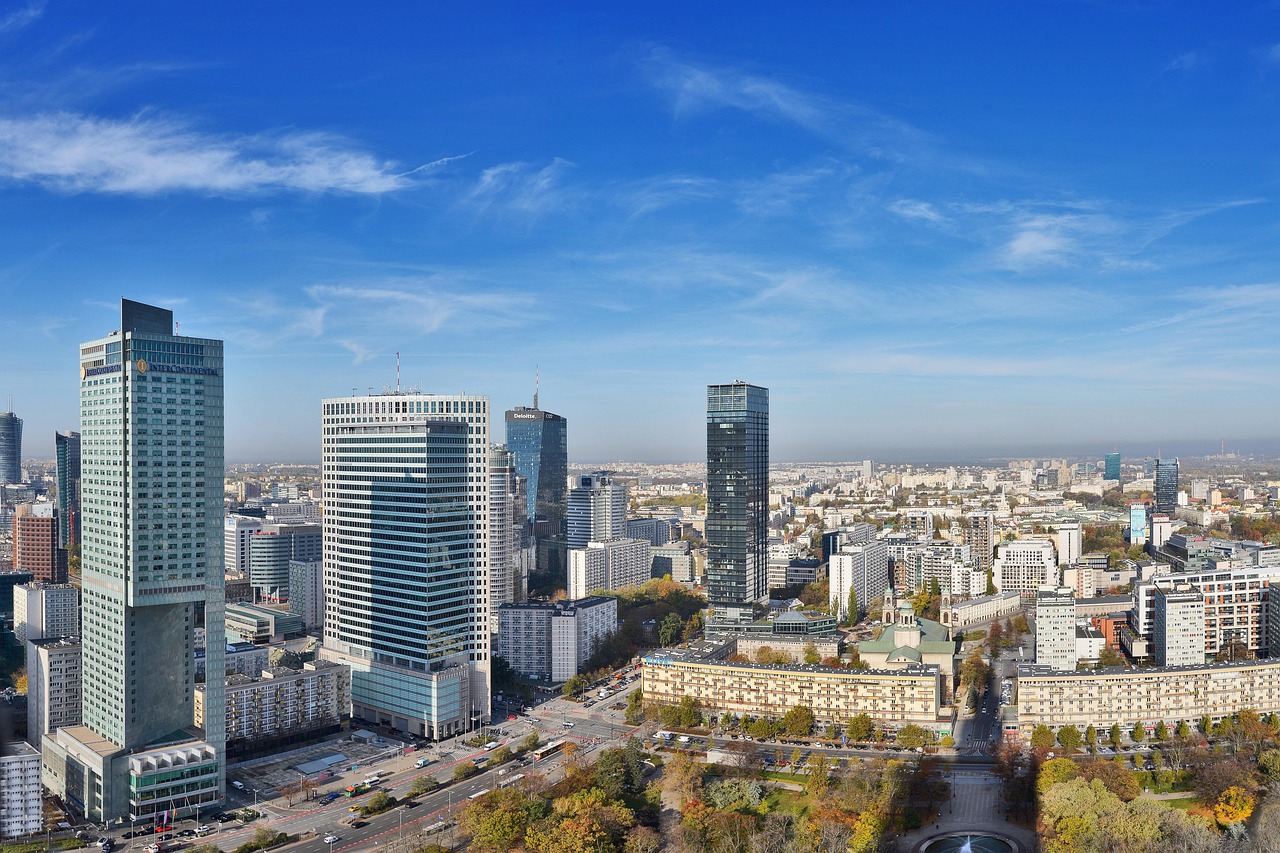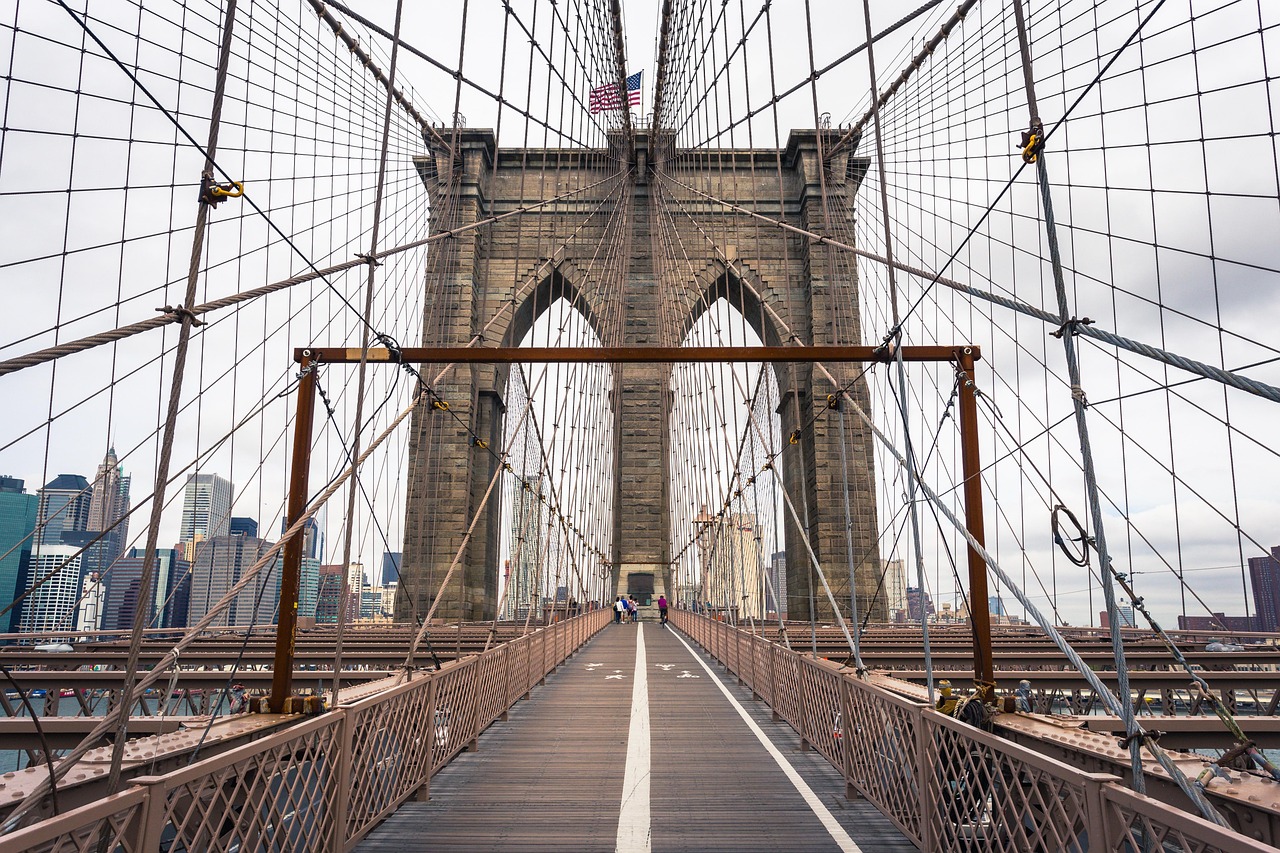
The Revival of Train Travel: Discover the Renaissance of Slow Tourism in 2023
In an era where speed often dictates the pace of life, the resurgence of train travel in 2023 marks an intriguing shift towards slow tourism. As the world becomes increasingly aware of the environmental impact of fast-paced travel methods, trains offer a sustainable and enriching way to explore the world. This renaissance is not just a trend but a meaningful movement towards more mindful and responsible travel.
The Environmental Benefits of Train Travel
One of the most compelling reasons for the revival of train travel is its environmental benefits. Unlike airplanes, trains produce significantly lower carbon emissions per passenger kilometer. With many countries investing in high-speed rail networks powered by renewable energy, the ecological footprint of train travel continues to decrease.
Moreover, trains often run on electrified lines which can be powered by sustainable sources like wind or solar energy, further reducing their impact on the planet. This shift has caught the attention of environmentally conscious travelers seeking to reduce their carbon footprint while still enjoying the adventure of exploration.
A Return to Scenic Journeys
Train travel offers something unique that fast-paced air travel cannot: the opportunity to savor the journey itself. As trains traverse through landscapes, passengers are treated to panoramic views of mountains, rivers, and countryside that are often missed at 30,000 feet. This leisurely pace allows travelers to immerse themselves in the surroundings, creating a richer and more memorable travel experience.

For instance, the Trans-Siberian Railway offers a captivating journey across Russia, providing vistas of sprawling wilderness and vibrant cities. Similarly, the Glacier Express in Switzerland takes travelers through breathtaking Alpine scenery, making the journey as rewarding as the destination.
Connecting Cultures and Communities
Another key aspect of the train travel renaissance is the emphasis on connecting with local cultures and communities. Trains often pass through small towns and cities that are off the beaten path, offering travelers the chance to interact with locals and experience regional cultures firsthand. This form of travel fosters a deeper understanding and appreciation of diverse cultures, enhancing the traveler’s experience.
For example, Europe’s extensive rail network allows travelers to explore vibrant cities and quaint villages alike, facilitating cultural exchanges and enriching experiences. Whether it’s sampling local cuisine at a small-town station or participating in traditional festivals, train travel opens doors to authentic and meaningful cultural interactions.
The Comfort and Convenience of Train Travel
Train travel in 2023 is not only about the journey but also about comfort and convenience. Modern trains are equipped with amenities that rival those of airplanes, including spacious seating, dining cars, and even onboard Wi-Fi. The absence of long security lines and baggage checks makes train stations more accessible and less stressful than airports.
Additionally, many rail services offer overnight journeys, providing comfortable sleeper cars that allow travelers to rest and arrive at their destination refreshed. This convenience is particularly appealing for longer routes, where the journey becomes a seamless part of the travel experience.

Economic and Social Impacts
The resurgence of train travel also brings significant economic and social benefits. By revitalizing rail networks, countries create jobs and stimulate economic growth in regions that are part of these networks. Furthermore, rail travel encourages tourism in areas that may not have been accessible by other means, spreading economic benefits more evenly across regions.
Socially, train travel promotes inclusivity by offering a more affordable mode of transportation compared to air travel. This accessibility allows a broader range of people to partake in travel experiences, fostering a more diverse and interconnected global community.
Technological Advancements in Train Travel
As we embrace the future, technological advancements continue to enhance the train travel experience. Innovations such as magnetic levitation (Maglev) trains and hyperloops promise to revolutionize travel speeds while maintaining the environmental benefits of traditional rail systems. These technologies are paving the way for a new era of train travel that combines speed, efficiency, and sustainability.
Countries like Japan and China are leading the charge with their advanced high-speed rail systems, setting benchmarks for speed and efficiency. These advancements not only make train travel more appealing but also demonstrate its potential as a viable alternative to air travel in an increasingly tech-driven world.
The Future of Train Travel
Looking ahead, the future of train travel appears bright and promising. With growing investments in rail infrastructure and a continued focus on sustainability, trains are poised to become an integral part of the global travel landscape. As travelers increasingly prioritize experiences over destinations, trains offer the perfect medium to explore the world in a meaningful and eco-friendly manner.

The revival of train travel in 2023 is more than a passing trend; it represents a transformative shift towards a more sustainable and enriching way of exploring our planet. As we continue to embrace slow tourism, train journeys will undoubtedly play a pivotal role in shaping the future of travel.
Takeaways
The renaissance of train travel is a testament to the growing desire for sustainable, meaningful, and culturally immersive travel experiences. As we move forward, embracing the principles of slow tourism, train travel offers an exciting opportunity to explore the world in a way that is both responsible and rewarding. Whether it’s the scenic beauty, cultural connections, or environmental benefits, train travel in 2023 and beyond promises a journey that is as enriching as the destination itself.
Reviving Historical Train Routes
As the train travel renaissance continues, there is a renewed interest in restoring and preserving historical train routes. These routes offer a nostalgic journey through time, allowing travelers to experience the charm and elegance of a bygone era. Many of these routes have been meticulously restored to their former glory, offering a unique blend of history and adventure.
One such example is the famous Venice Simplon-Orient-Express, which transports passengers back to the golden age of travel with its luxurious carriages and exquisite service. Similarly, the Rocky Mountaineer in Canada offers an unforgettable journey through the majestic landscapes of the Rocky Mountains, combining historical charm with modern comfort.
Train Travel as a Cultural Experience

Train travel has long been associated with cultural exploration, and this remains true in 2023. Rail journeys provide an opportunity to encounter a spectrum of cultures, cuisines, and traditions in a single trip. Unlike air travel, which often bypasses the intricacies of local life, trains take you straight to the heart of communities.
For instance, the Indian Railways network offers an extensive range of routes that cover the diverse cultural landscape of India. From the spiritual journeys to Varanasi to the architectural wonders of Rajasthan, train travel in India is an unparalleled cultural odyssey. Travelers can engage with locals, sample authentic regional dishes, and witness cultural practices that might otherwise remain hidden.
Luxury Train Travel: A Growing Trend
While train travel is often associated with affordability, there is a growing trend towards luxury train journeys that offer opulence and exclusivity. These journeys cater to travelers seeking a high-end experience without compromising on the essence of slow tourism. Luxury trains like the Maharajas’ Express in India and the Belmond Royal Scotsman in Scotland provide an all-inclusive experience with gourmet dining, lavish accommodations, and curated excursions.
These luxury trains are equipped with elegant interiors, personalized services, and itineraries that include exclusive access to attractions and events. As a result, they have become a popular choice for those looking to celebrate special occasions or simply indulge in a once-in-a-lifetime travel experience.
Challenges and Opportunities
Despite the many advantages, the revival of train travel is not without its challenges. Infrastructure development, particularly in regions with outdated rail systems, requires significant investment and planning. Additionally, integrating modern technology and ensuring accessibility for all travelers remain key concerns.

However, these challenges also present opportunities. Governments and private entities are increasingly collaborating to modernize rail networks, improve connectivity, and enhance the overall travel experience. With ongoing advancements and a growing emphasis on sustainability, the opportunities for innovation in train travel are boundless.
Train Travel: A Personal Journey
Beyond the environmental and cultural benefits, train travel offers a personal journey that is often introspective. The rhythm of the rails provides a unique backdrop for reflection and contemplation. Many travelers find that the slower pace of train travel allows them to disconnect from the hustle and bustle of modern life, offering a chance to unwind and reconnect with themselves.
Whether traveling solo or with companions, the time spent on a train can be a journey of self-discovery. The absence of distractions like crowded airports and rigid schedules creates a space for meaningful connections and personal growth.
Conclusion: Embracing the Train Travel Renaissance
As we look to the future, the revival of train travel offers a promising pathway to a more sustainable, enriching, and culturally immersive travel experience. In 2023, trains are not just a mode of transportation but a conduit for discovery and connection. By embracing the principles of slow tourism, travelers can enjoy the journey as much as the destination, experiencing the world in a way that is both meaningful and responsible.
The renaissance of train travel invites us to pause, reflect, and savor the beauty of our world as we traverse its diverse landscapes. As we continue to explore and innovate, the train journey remains a timeless adventure, offering new horizons and endless possibilities for generations to come.





